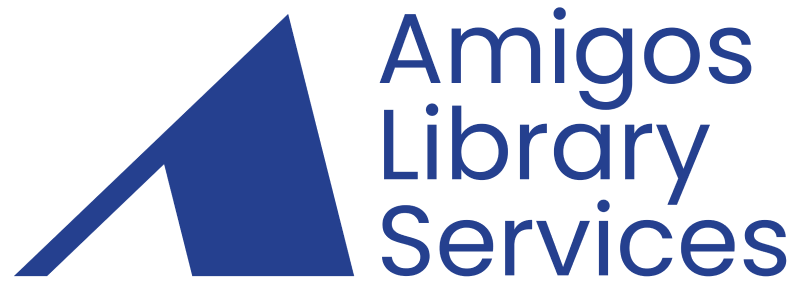Introduction to Programming with Python and PyMARC
Python can be an invaluable tool for automating process and saving time. Python is a programming language that can help automate workflows and metadata management processes. This straightforward introduction will help staff get started with Python, reviewing the basics of the language to write simple scripts, and how to use the PyMARC library of code to automate library-specific tasks.
